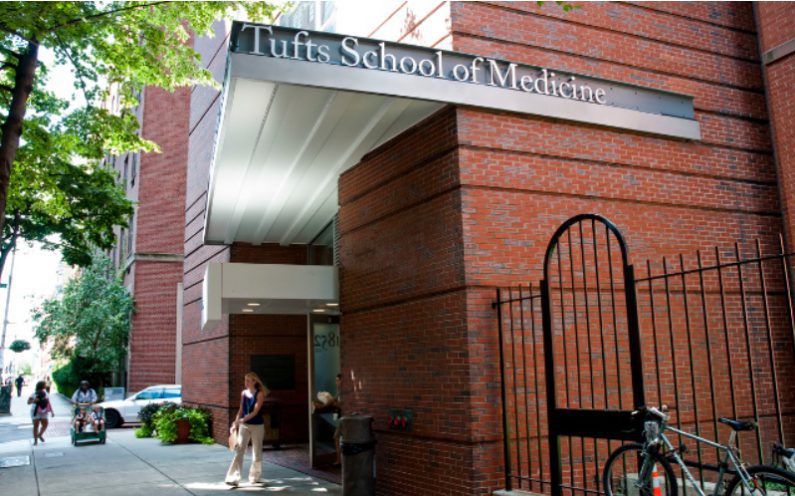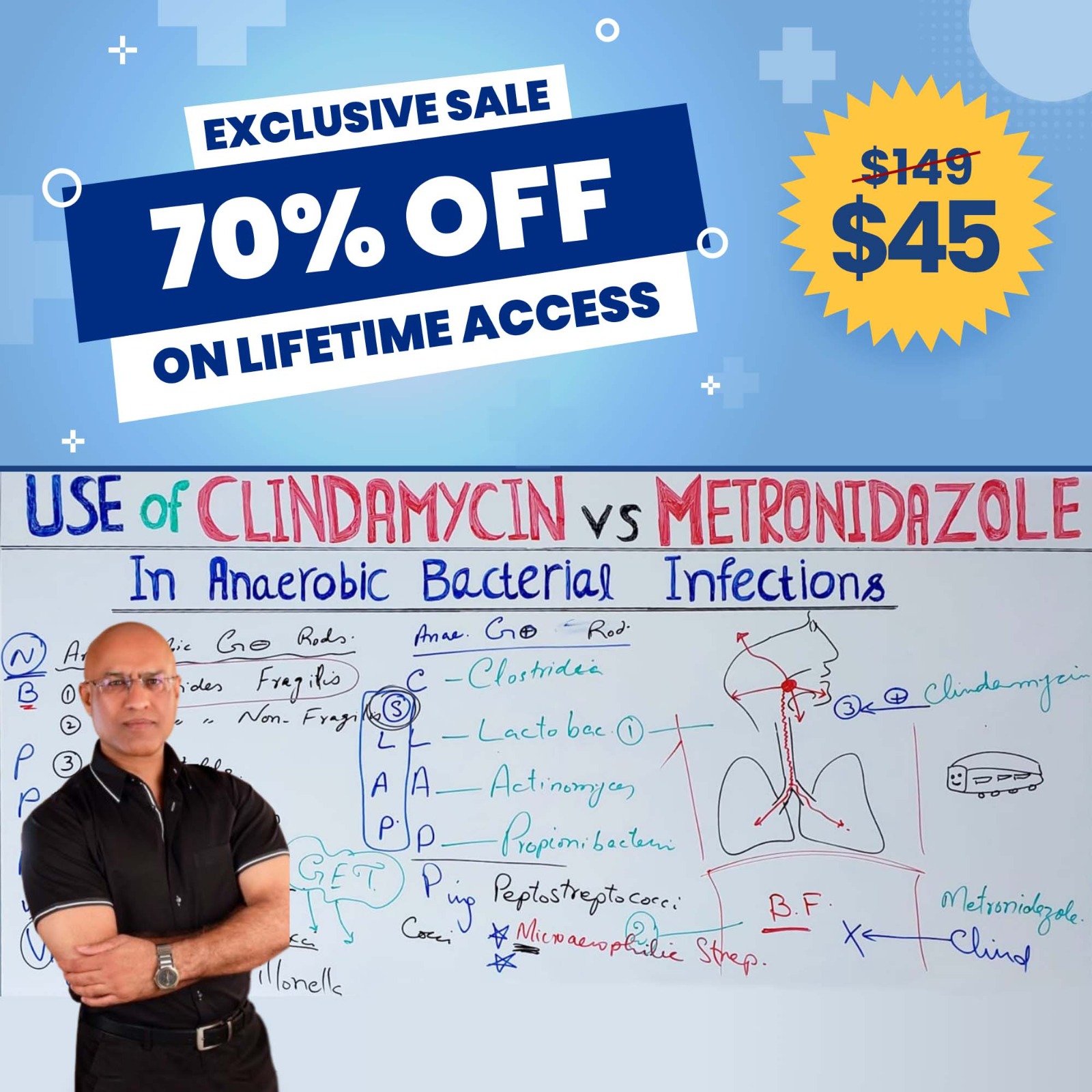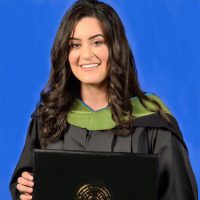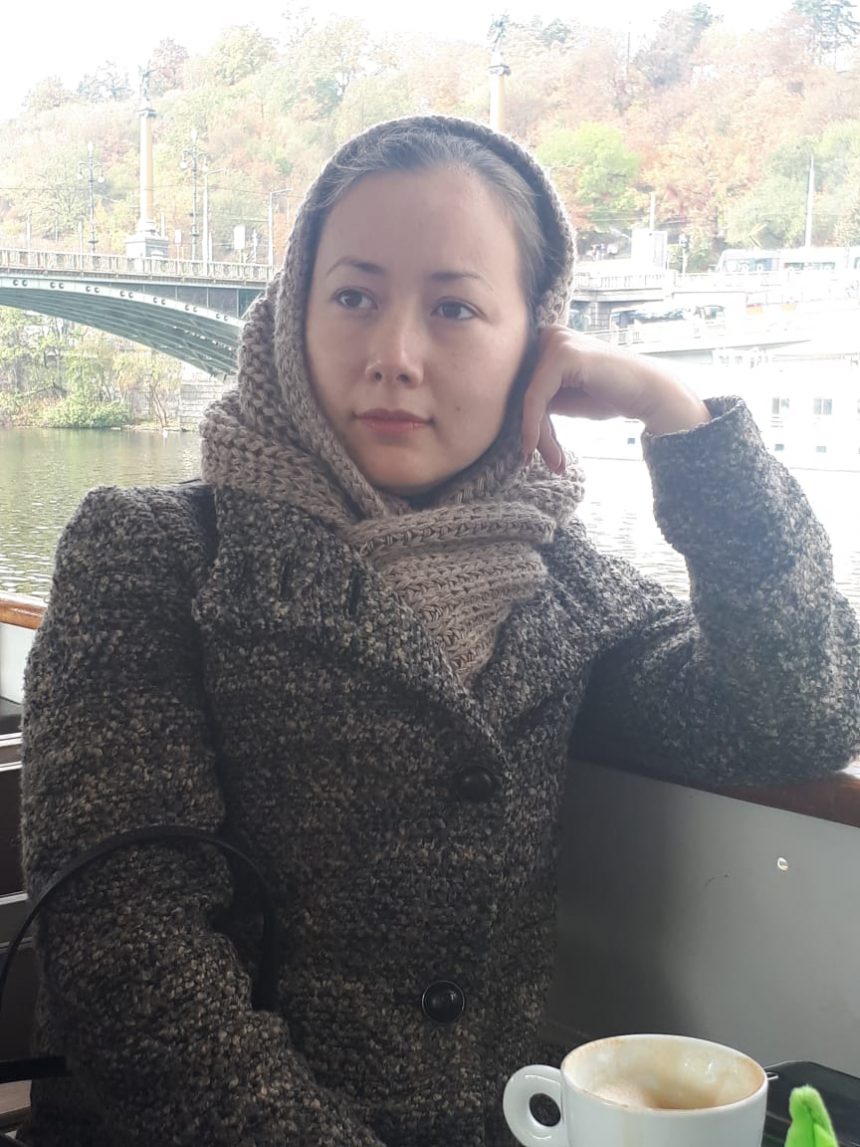TUFTS UNIVERSITY SCHOOL OF MEDICINE

TUFTS UNIVERSITY SCHOOL OF MEDICINE History
Tufts University founded in 1852 by Christian Universalists, is located in Medford and Somerville, Massachusetts, United States. The Tufts University School of Medicine (TUSM) is one of the ten schools that compose Tufts University. The School of Medicine can be found on the university’s health science campus located in downtown Boston, Massachusetts. On 22 April 1893, Tufts University School of Medicine was established by vote of the Trustees of Tufts College. Originally designated as the Medical School of Tufts College, the School of Medicine opened in October 1893. Later in 1954 when the name of the institution was changed from “Tufts College” to “Tufts University”, the medical school came to be known as “Tufts University School of Medicine.”
- Tuft’s is committed to providing transformative experiences for students and faculty.
- TUSM is dedicated to being an innovative university of creative scholars across a broad range of schools that have a profound impact on one another and the world.
- To provide an inclusive and collaborative environment where creative scholars generate bold ideas.
- To mold the students to be innovative in the face of complex challenges and distinguish themselves as active citizens of the world.
Mission and Vision
Departments
Tufts University School of Medicine comprises 25 departments, with over 5,000 faculty members, where 107 are full-time basic science faculty and 1276 are full-time clinical faculty.
- Developmental, Molecular & Chemical Biology
- Immunology
- Molecular Biology and Microbiology
- Neuroscience
- Anatomy
- Histology
- Physiology
- Cell Biology
- Anatomy Laboratory
- Anatomical Gifts Program
- Research:
- Community Service
- Shaping health policy
- Population-based and patient-centered advocacy
- Environmental and Occupational Health
- Center for Global Public Health
- Health Inequality and Social Determinants of Health
- Health Policy and Health Care Delivery
- Nutrition and Infection Unit
- Anesthesiology and Preoperative Medicine
- Dermatology
- Emergency Medicine
- Obstetrics and Gynecology
- Ophthalmology
- Orthopedics Surgery
- Otolaryngology-Head and Neck Surgery
- Pediatrics
- Physical Medicine and Rehabilitation
- Psychiatry
- Radiation Oncology
- Radiology
- Surgery
- Urology
- Anatomic and Clinical Pathology
- Family Medicine
- Medicine
- Neurology
- Neurosurgery
- Public Health and Community Medicine
Basic Science Departments:
Faculty members teach foundational medical science courses to MD and MBS students, additionally mentor Ph.D. candidates, and also conduct biomedical research. The Tufts University School of Medicine consists of four basic science departments.
Medical Education:
The Department of Medical Education promotes excellence in education, as well as mentor faculty educators in the department, and helps advance their careers. The Department of Medical Education teaches
Public Health & Community Medicine:
The Department of Public Health and Community Medicine instructs both MD and graduate students by using a multidisciplinary approach to public health and clinical issues. The Department is devoted to the promotion of public health through
Education
Health Communication
Obesity, Cancer, and Chronic Disease
Clinical Departments:
Tufts School of Medicine hosts twenty clinical departments
Affiliated Teaching Hospitals
- Atrius Health
- Baystate Medical Centre
- Cambridge Health Alliance
- Carney Hospital
- Faulkner Hospital
- Good Samaritan Medical Centre
- Lawrence General Hospital
- Lahey Hospital and Medical Centre
- Lemuel Shattuck Hospital
- Lowell General Hospital
- Maine Medical Centre
- MelroseWakefield Hospital
- MetroWest Medical Centre
- New England Baptist Hospital
- Newton-Wellesley Hospital
- North Shore Medical Centre
- St. Elizabeth’s Medical Centre
- South Shore Hospital
- VA Boston Healthcare System
- Winchester Hospital
Academic Programs
Physician
- Doctor of medicine
- Maine Track
- MD/MA in International Relations
- MD/MBA in Health Management
- Accelerated 4-year MD/MPH
- MD/PhD
- Community Service Organization
- Global Health Initiative
- Multicultural Fellows Council
- The Sharewood Project
- Student National Medical Association (SNMA)
- Tufts School of Medicine Student Council
- Tufts Biomedical Queer Alliance
- Latin American Medical Student Association (LAMSA)
- Muslim Students
- Christian Students
- South Asian Students
- The Multi-Ethnic Graduate Alliance (MEGA)
- Multicultural performing arts show
- Hillel
- BDBS
- Tufts University Physician Assistant Student Society ( TUPASS)
- Association of American Medical Colleges ( AAMC)
- National Hispanic Medical Association
- Student National Medical Association (SNMA)
- Asian Medical Students Association (AMSA)
- Advancing Hispanic/Chicanos and Native Americans (SACNAS)
- Biomedical Sciences Careers Programs
- Association of American Indian Physicians
- National Youth Leadership Council
- Aspiring Doctors
MD Program:
Dual Degrees:
Student Organizations
Medical/Dental
Medical/Dental
Medical/Dental
National Organization
Facilities and Amenities for Students
Space for Studying:
A variety of study and meeting spaces available on campus to accommodate the research and academic needs of the students. The Hirsh Library located on the fourth through seventh floors of the Medical Education Building features two computer labs, study rooms, and meeting areas for students. Medical students can go to the Learning Communities located on the second and third floors of the Medical Education Building, featuring small-group classrooms as well as a living room and kitchen facilities. Specific areas are allocated to PA students, such as the conference room in the PA office, and 3 large study rooms with whiteboards on the 2nd floor of the M&V building.
Lockers:
First and second-year MD students are assigned a locker in the Medical Education Building. In the M&V Building MBS students are assigned lockers for storing their personal belongings. The PA-specific locker room is assigned to Physician Assistant students. A refrigerator and microwave are also provided in the locker room for student use.
Labs:
Anatomy Lab provides a space for students to learn essential anatomical training. The lab can host more than 200 students at a time and facilitates students with high-resolution diagnostic imaging and computer screens at each of the 44 dissection tables. The School of Medicine’s Technology Enabled Active Learning classroom has room for up to 60 students, stations are set up to enable students to interact with each other and their instructor. Clinical Skills and Simulation Center is a large training facility, about 9,000-square-foot that consist of three simulation rooms with advanced computerized mannequins. The mannequins imitate symptoms and distress the same way real patients do, with dilated pupils, low heart rate, coughing, and sweating. The mannequins provide an opportunity for students to practice procedures such as putting in bloodline or intubation before trying it on a human patient. Additionally, there are twelve patient exam rooms each that record audio and video, so faculty members can watch students’ performances and students can practice taking medical histories and refine their bedside manner with patient-actors.
Library:
The Hirsh Health Sciences Library contains collections in medicine, dental medicine, nutrition, veterinary medicine and supporting collections in the basic sciences. The library offers classrooms, conference rooms, individual and group study rooms. It also offers a café for faculty, students and staff. The library offers computer support, laptop loans, wireless computing, and online course management through Tufts University Sciences Knowledgebase.
Campus Bookstore:
For the student’s convenience, a campus bookstore is installed which provides textbooks, needed materials for classes and an assortment of other supplies. Additionally, Tufts hats, T-shirts, sweatshirts, Tufts giftware and other merchandise are sold.
Campus Cafeteria:
On the fourth floor of the Medical Education Building in the Hirsh Health Science Library is the food4thought cafe. The cafe offers smoothies, breakfast sandwiches, grilled Panini’s, sandwiches, soups, salads and a variety of hot entrees. Pastries, yogurts, vegetables, and fruits are also available. Beverages including espresso drinks, coffee, tea, and juice are also available. Located on the seventh floor of the Tufts University School of Dental Medicine, ‘SoupsOn’ offers a hot special of the day, two freshly prepared soups, and sandwiches. The café offers grab-and-go sandwiches, packaged salads, yogurt, snack foods, cookies, and brownies.
Housing:
Posner Hall is open to students looking for on-campus housing. Tufts University provides an Off-Campus Housing facility for the Tufts students and covers topics including rental listings, roommate searches, and Massachusetts tenant rights.
The Tauber Fitness Center:
Located on the lower level of the Medical Education Building, the fitness center consists of three areas: room for aerobic and strength training equipment; a small exercise studio; and locker rooms and showers. No fee is required from students. A valid Boston Campus student-ID is required to access the facility.
Admission Process (MD Program)
Fulfill Eligibility Requirements: Undergraduates with any majors are allowed to apply, with the condition that they satisfy the Premedical Course Requirements and Technical Standards.
- Provide MCAT Scores: All candidates must take the Medical College Admissions Test (MCAT) four years preceding enrollment.
- Complete the AMCAS Application: All candidates must complete and submit the online application of the American Medical College Application Service (AMCAS).
- Complete Tufts School of Medicine Secondary Application: All candidates must complete a Secondary Application which requires the applicant to submit letters of recommendation and a $130 application fee.
- Observation
- Communication
- Motor Function
- Intellectual-Conceptual, Integrative and Quantitative Abilities
- Behavioral and Social Attributes:
Premedical Course Requirements
Coursework Prerequisites:
Biology: Applicant must have completed a full year of introductory or advanced biology coursework.
Note: Any courses offered by the biology department for science majors are acceptable.
Chemistry: Applicant must have completed two years of chemistry coursework i.e. one-semester course in general chemistry and a one-semester course in organic chemistry. A semester course in biochemistry is highly recommended
Physics: Applicant must have completed a semester of physics coursework.
Note: Any course offered by the physics department for science majors is acceptable.
Advanced Placement: Applicant must note that AP credit does not reduce required coursework for biology and physics. For biology, a full year of college coursework is expected and a semester of college coursework in physics. Chemistry requirements may be fulfilled partially by AP credit. The credit may be applied to fulfill the general chemistry requirement and as one semester of the two years totals required coursework.
Competency Prerequisites:
English: Applicant must be competent in spoken and written English.
Note: English literature coursework is not required.
Math: Applicant must be competent in the basic concepts of statistics
Biology: Applicant must be competent in Mendelian genetics as well as cell and molecular biology.
Laboratory: Applicant must be competent in laboratory skills equivalent to two years of laboratory course work.
Technical Standards
The Technical Standards define the essential functions (all non-academic criteria) criteria that are necessary and that an applicant or medical student must be able to perform to be admitted to Tufts. The following skills are considered essential
Letters of Recommendation
Applicants are required to submit letters of recommendation from college faculty members, volunteer activity supervisors, employers or other sources that may attest to the applicant’s qualifications. There is no maximum limit on the number of letters of recommendation. However, applicants usually submit between three to five letters.
Note: Letters are only accepted via the AMCAS Letters Service.
Medical College Admissions Test (MCAT)
All applicants are required to submit their MCAT scores. Currently, scores from within the four calendar years preceding enrollment i.e., taken after July 1, 2016, is acceptable. Scores from exams taken by September 2019 are eligible to complete an application in the current cycle. For multiple MCAT’s from a single applicant, all MCAT scores are considered and the highest MCAT total is noted.
Secondary Application
Tufts University School of Medicine will send an email inviting the applicant to submit an online secondary application after receiving the student’s initial AMCAS application. The email will include a password that will allow the applicant to access Tufts University School of Medicine online secondary application web site. The deadline for the secondary application is January 15.
Interview Session
Chosen candidates are called to the Boston campus for personal interviews between September and March. Emails are sent to applicants notifying them either of an interview invitation or stating that they are no longer under consideration. All applicants will receive either their email by March 31. The interview program consists of a full day of presentations, lunch, a tour, and the chance to meet the current students. Plus two individual-based interviews with members of the Admissions Committee. Admitted candidates are required to pay a $100 as a tuition deposit (requested in the Spring) that is refundable if the candidate withdraws the deposit before April 30.
Admissions Timeline
|
June – November |
Tufts School of Medicine receives applications from AMCAS |
|
July – January |
Tufts School of Medicine receives secondary applications and letters of recommendation |
|
July – March |
Completed applications are reviewed |
|
August 1 |
Deadline to complete Early Decision AMCAS application |
|
August – March |
Tufts School of Medicine sends invitations to interview |
|
September 1 |
Deadline to complete Early Decision Tufts School of Medicine Secondary Application |
|
September – March |
Tufts School of Medicine interview season |
|
October 1 |
Tufts School of Medicine notifies Early Decision applicants of application outcome |
|
October – April |
Tufts School of Medicine Admissions Committee admits selected applicants |
|
October – March |
Applicants no longer being considered for admission receive letter of regret |
|
November 1 |
Deadline to complete regular AMCAS application |
|
January 15 |
Deadline to complete regular Tufts School of Medicine Secondary Application |
|
March 31 |
All applicants have received either an invitation to interview or a letter of regret |
|
April 30 |
Tuition deposit refund deadline |
|
May – July |
Tufts School of Medicine admits selected applicants from Wait List |
|
Late July |
Orientation for the Entering Class |
Dr. Najeeb Lectures
Countless tests, endless hours of studying, and bottomless pots of coffee; medical school is unlike you will have experienced to date. Rising pressure leads to rising stress levels. There will be moments during your time at medical school when you will doubt your ability to graduate. The course load will be overwhelming, difficult to understand but thanks to Dr. Najeebs Lectures most of your hurdles will be over. With hand-drawn illustrations to provide a visual aid in your learning, Dr. Najeeb provides over eight hundred plus videos on Gross Anatomy, Neuroanatomy, Embryology, Histology, Physiology, Biochemistry, Genetics, Pharmacology, Microbiology, Immunology, Pathology, and many more topics. Dr. Najeebs lectures will not only help you survive the grueling didactic portion of medical school but to ensure you thrive as you embark on your career in emergency medicine.
For more information, you can go check out their website.







